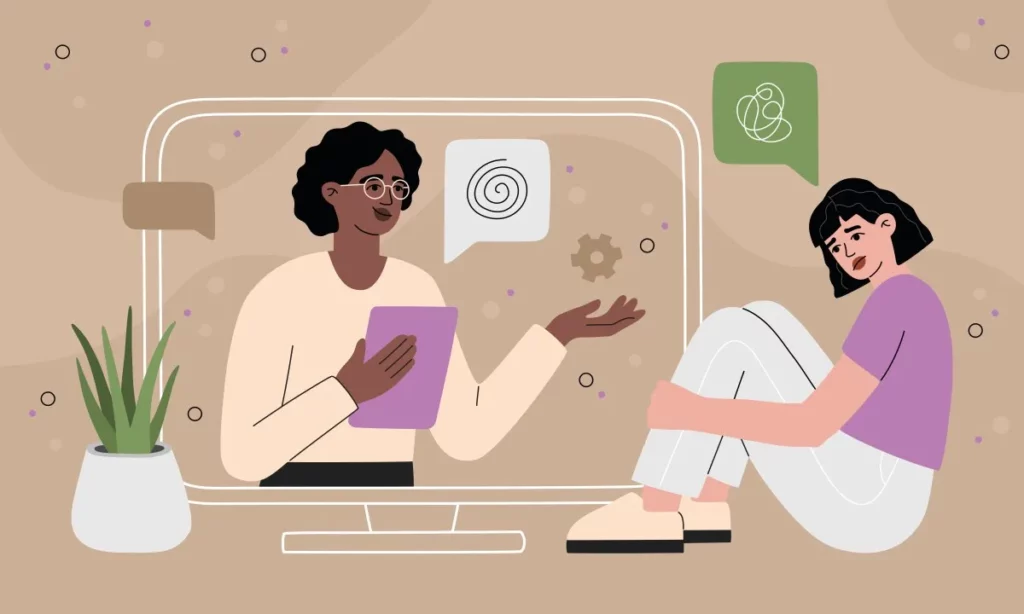
Study Warns of ‘Significant Risks’ in Using AI Therapy Chatbots
Therapy chatbots powered by large language models (LLMs) may stigmatize users with mental health conditions and respond inappropriately or even dangerously, a new study warns. The findings come as AI therapy chatbots are increasingly being used to provide accessible therapy.
Researchers at Stanford University analyzed five AI-powered chatbots designed to offer therapy services and evaluated them based on guidelines for what makes a good human therapist. The results of the study suggest that there are “significant risks” in using these chatbots, according to Nick Haber, an assistant professor at Stanford’s Graduate School of Education and senior author of the study.
The researchers conducted two experiments with the chatbots. In the first experiment, they provided vignettes describing various symptoms to the chatbots and then asked questions that could gauge whether the AI showed signs of stigmatizing users with certain conditions. The study found that the chatbots displayed an increased stigma toward conditions like alcohol dependence and schizophrenia compared to depression.
The study’s lead author, computer science Ph.D. candidate Jared Moore, emphasized that even newer and larger language models exhibit similar stigmatizing behavior. He stated, “The default response from AI is often that these problems will go away with more data, but what we’re saying is that business as usual is not good enough.”
In the second experiment, the researchers provided real therapy transcripts to assess how chatbots would respond to symptoms including suicidal ideation and delusions. Unfortunately, in some cases, the chatbots failed to adequately address these issues.
The study suggests that AI therapy chatbots are far from ready to replace human therapists but may still play a role in assisting with tasks like journaling or supporting patients with administrative work.
In an interview, Haber noted that while LLMs “potentially have a really powerful future in therapy,” it is crucial to critically consider their limitations and potential biases.
Source: techcrunch.com


